Posted on 12/3/2024

Keeping your tires properly inflated is crucial for your safety and your car’s performance. If your tire pressure drops, you might be asking, “What should I do now?” This guide answers your questions and gives clear, actionable steps to handle low tire pressure quickly and safely. Common Reasons Why Tire Pressure Drops If you’re wondering, “Why does my tire pressure keep dropping?” here are the most common causes: Cold Weather: Air contracts in cooler temperatures, reducing pressure. Small Punctures: Objects like nails or screws can create slow leaks. Wear and Tear: Over time, tires naturally lose air. Damaged Valve Stems: A faulty valve can lead to air leaks. Knowing the cause helps you decide whether to refill or seek professional repair. ... read more
Posted on 9/24/2024

When you’re looking for a vehicle or researching engine types, you might ask yourself, "What’s the difference between gasoline and diesel engines?" Both gasoline and diesel engines power vehicles, but they work in very different ways. Let’s break down the key differences to help you decide which is better for your needs, especially when it comes to fuel efficiency, maintenance, and performance. 1. Fuel Type The first major difference is the type of fuel they use. Gasoline engines run on gasoline, which is a lighter fuel that ignites at a lower temperature. Diesel engines use diesel fuel, which is denser, contains more energy per gallon, and ignites through compression rather than a spark. 2. Ignition Process The way each engine ignites the fuel is different. Gasoline engines use spark plugs to ignite the air-fuel mixture ... read more
Posted on 4/11/2024
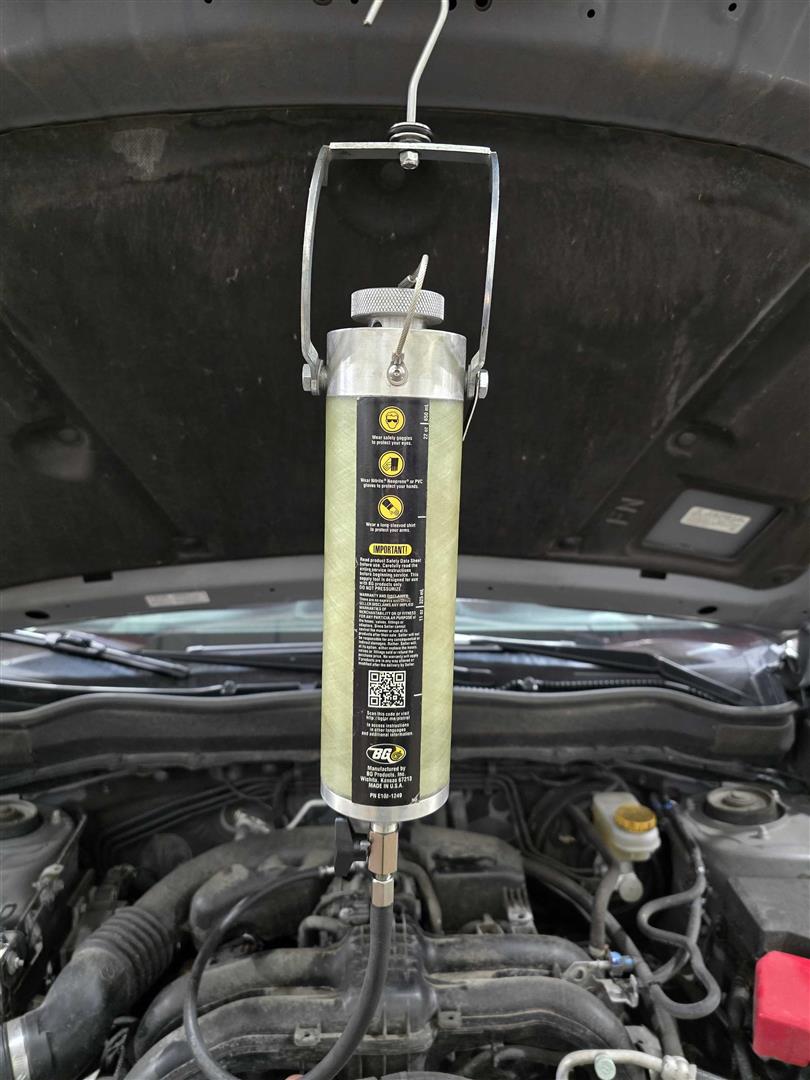
If you are a car owner, you have probably heard of fuel injection service. But what exactly is it, and why is it important? A fuel injection service is a procedure for your car's fuel system. Let's delve deeper into what fuel injection service entails and why it's essential. What Is Fuel Injection? Fuel injection is a computer-controlled system that delivers fuel to the engine in a car. The system uses sophisticated sensors to determine the amount of fuel needed. And the optimal air-to-fuel ratio for combustion. In the past, car engines used a carburetor to regulate the amount of fuel and air intake. Fuel injection systems have become more common in cars as they are more efficient. They also offer better engine performance. What Is A Fuel Injection Service? A fuel in ... read more
Posted on 3/11/2024
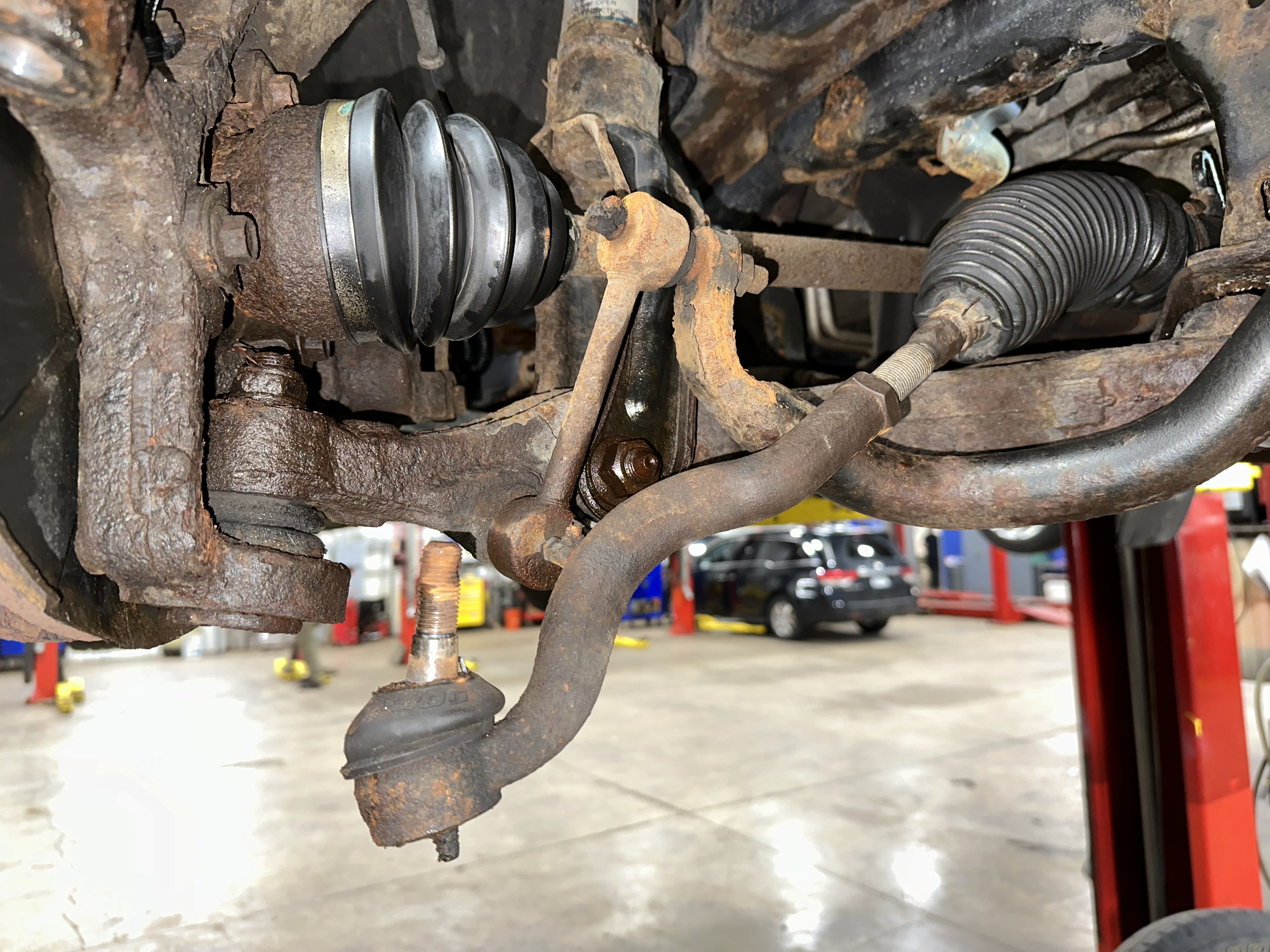
Ever wondered how we can smoothly steer a car around corners with just a turn of the steering wheel? Well, it's all thanks to a cool thing called a "rack and pinion." Let's dive in and learn about this nifty mechanism that makes driving so much easier. What is a Rack and Pinion? Imagine you're turning the steering wheel of a car. Inside, there's a clever setup called a rack and pinion. Picture a toothed bar (the rack) and a toothed rod (the pinion) meshing together. When you turn the wheel, it spins the pinion, and that makes the rack move side to side. That's what helps steer the car. How Does It Work? Think of it like this: you've got a pizza cutter (the pinion) rolling along a slice of pizza (the rack). As you turn the handle (like the steering wheel), the blade (the pinion) moves side to side across the pizza slice ( ... read more
Posted on 9/18/2023
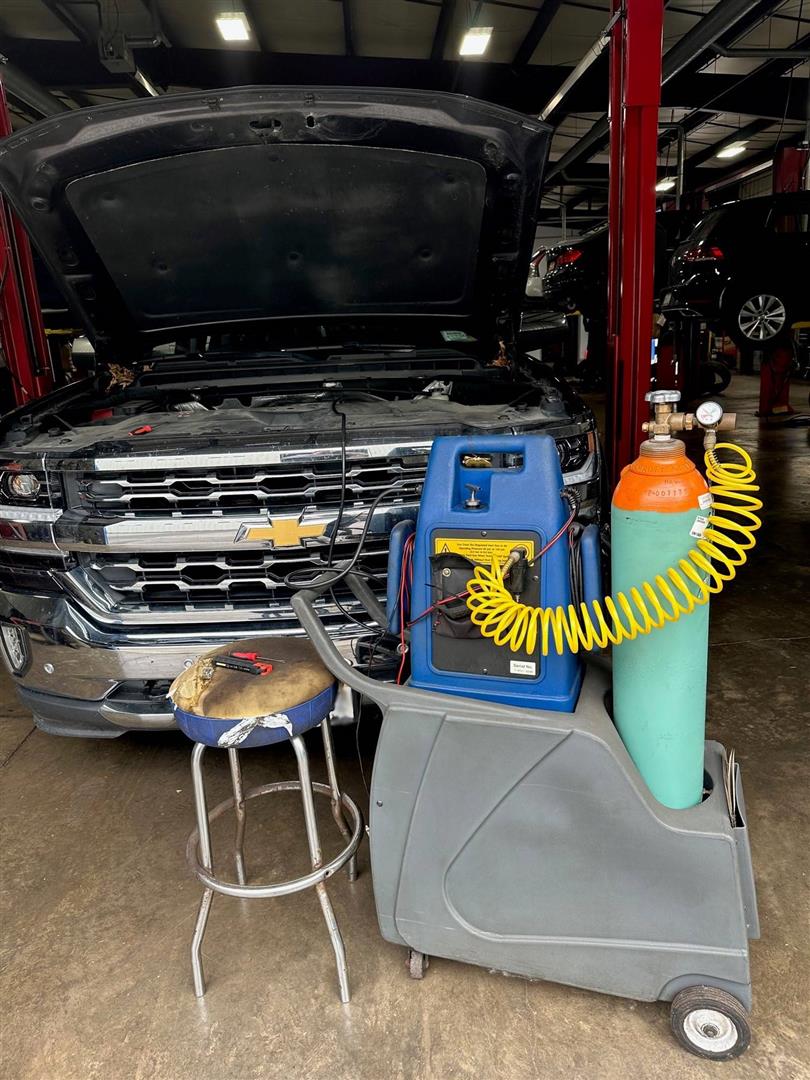
An EVAP test is like a checkup for your car to make sure it's not letting out bad stuff into the air. Understanding what it is and how it works is important. What's the EVAP System? EVAP stands for Evaporative Emissions Control System. This keeps gas fumes from escaping your car's gas tank. During an EVAP test, a mechanic looks for any holes or leaks in this system. How Does the EVAP Test Work? The mechanic first makes sure your gas cap is on tight and then tests your car's fuel system. They even use a machine that blows smoke into your fuel system to find leaks. Tips to Pass the EVAP Test To make sure you pass the EVAP test: 1. Always seal your gas cap tightly. 2. Don't drive your car with an almost empty gas tank. ... read more
Posted on 8/24/2023
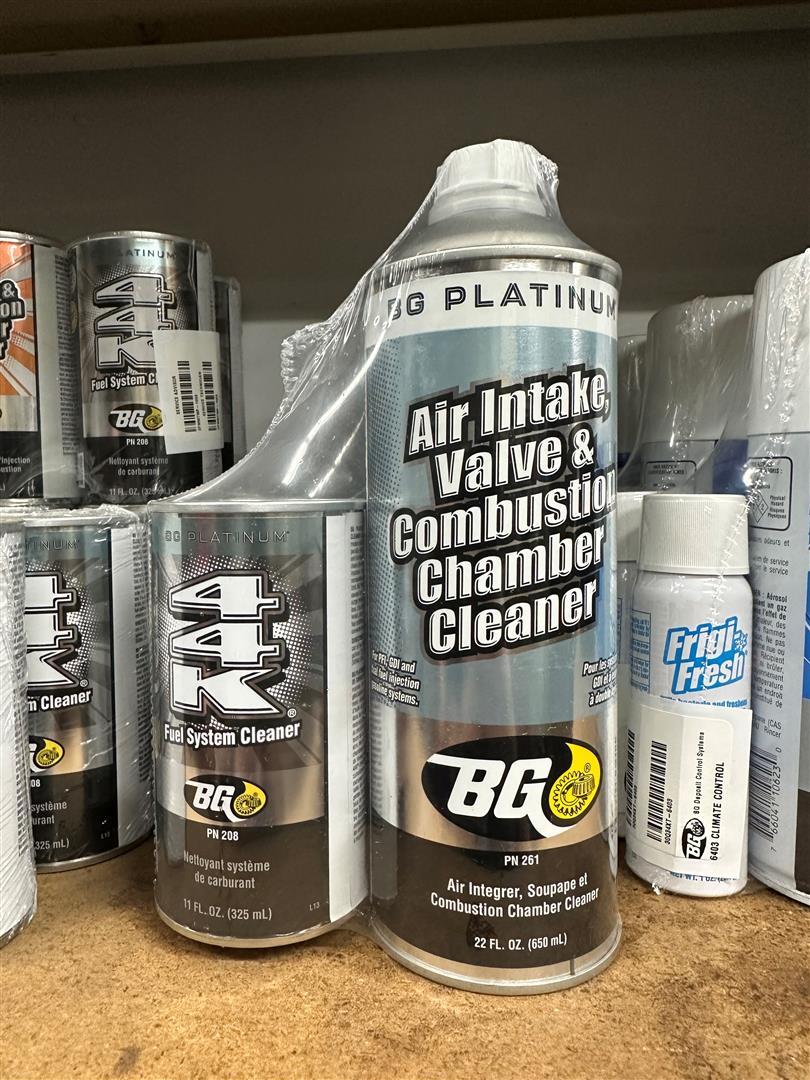
It's essential to maintain your vehicle regularly. One of the critical components of this maintenance is fuel system cleaning. This is also known as fuel injector cleaning. A fuel system cleaner is designed to eliminate dirt, debris, and other contaminants in your car's fuel system. The process involves adding a specialized fluid to your fuel tank. This fluid is then mixed with gasoline and runs through your engine to clean it entirely. Learn more about fuel system cleaners and how they can benefit your vehicle. Benefits of Fuel System Cleaning A fuel system cleaner can help you in several ways. It helps improve the overall performance of your engine. Regular use of fuel system cleaners ensures your engine runs smoothly. This increases your car's fuel efficiency and reduces emissions. Fuel system cleaners can also end or reduce knocking and pinging noises caused by the vehicle's engi ... read more
Posted on 5/12/2023
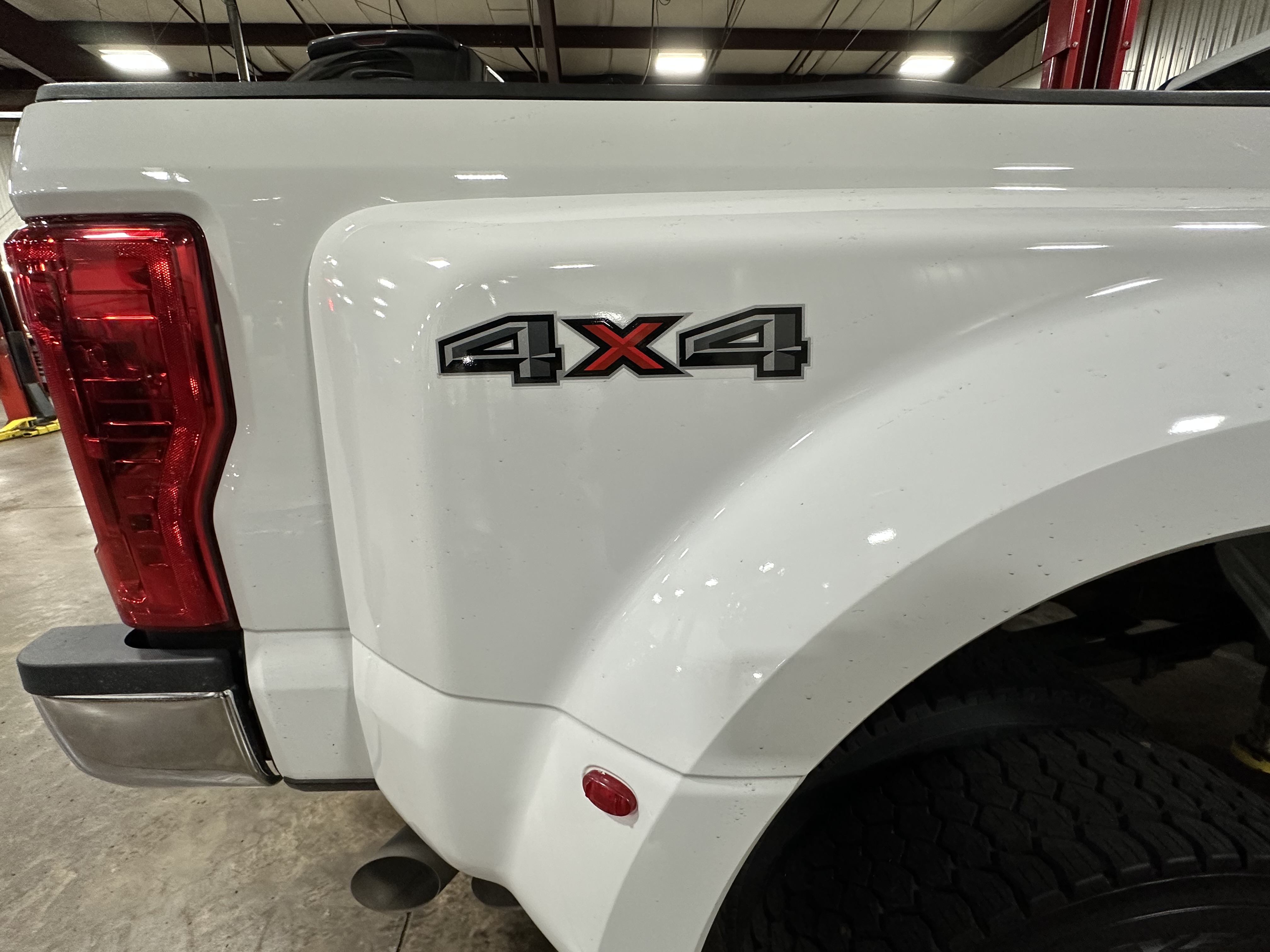
When it comes to choosing a vehicle, you may have come across the terms AWD and 4WD. These two terms may sound similar, but they refer to two different types of drive systems in a vehicle. Understanding the difference between AWD and 4WD is important. Especially if you are looking to buy a vehicle that can handle challenging terrain or weather conditions. Learn more about their key differences to see which one is right for your driving needs. AWD stands for all-wheel drive. This means that all four wheels receive power from the engine at the same time. This type of drivetrain is found in cars and SUVs. And it offers better traction control and handling in slippery conditions. AWD systems can distribute power between the front and rear axles depending on the driving conditions. This means that AWD vehicles can handle snowy or wet roads better than 2WD vehicles. AWD is also useful for drivers who encounter varying road conditions. And drive on city streets ... read more
Posted on 2/28/2023

Making the decision to repair or replace your car can be tough. On the one hand, you don’t want to sink too much money into an old car – but on the other, you don’t want to spend more than you have to. Before making any decisions, weighing each option’s pros and cons is important. Let’s break it down for customers looking for guidance. Assessing Your Car’s Condition The first thing to do before deciding whether to fix or get rid of your car is to assess its condition. If your car is newer and still under warranty, many repairs may be covered by the manufacturer. And that makes it easier to decide whether to keep it or not. If it’s an older model, other things need to be taken into account. Consider how much money you have already invested in repairs versus how much longer you think the car will last if fixed again. Inv ... read more
Posted on 10/26/2022
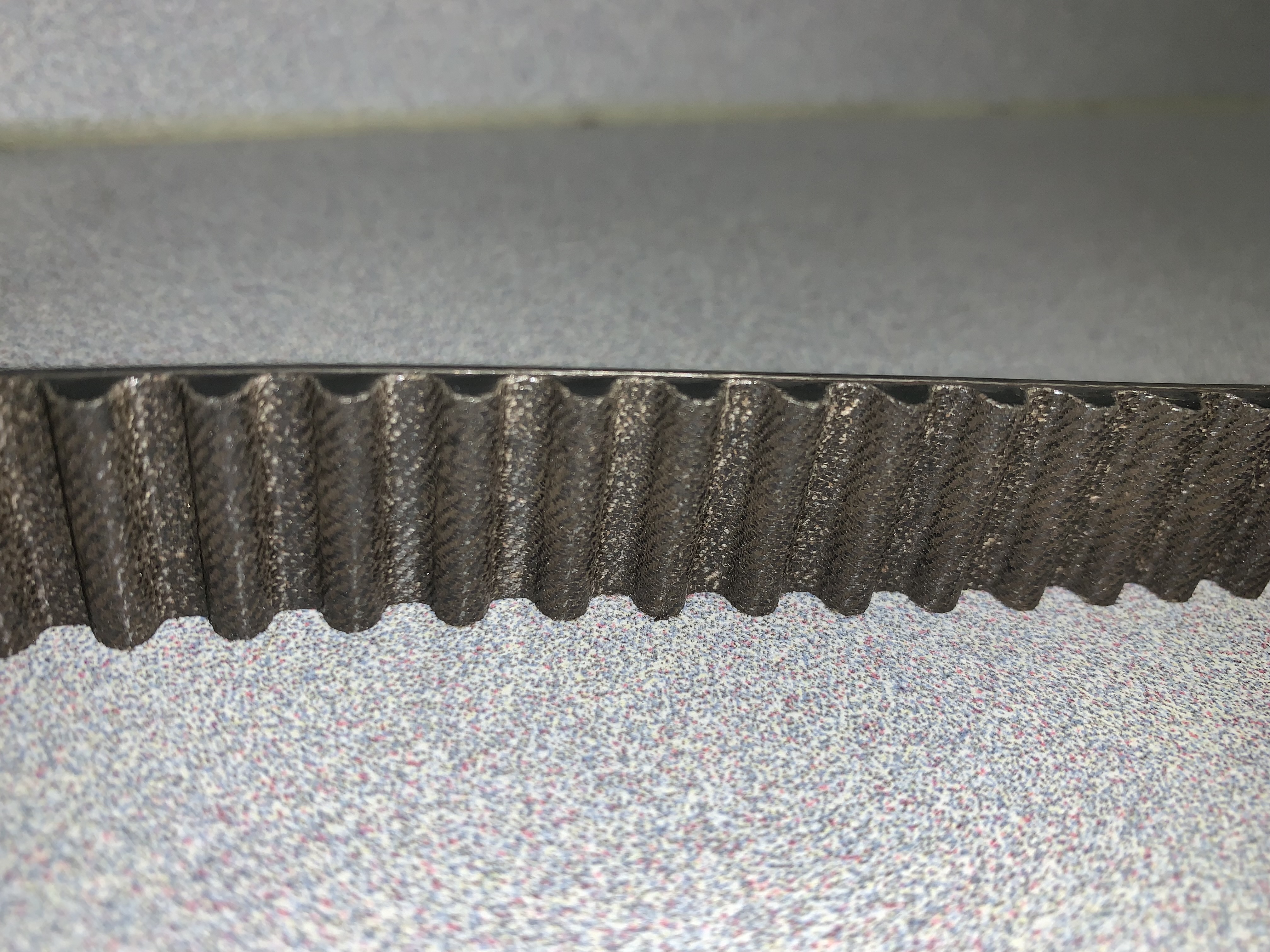
Timing belts are a common vehicle maintenance item and can wear out over time or break without warning. Your car’s engine relies on the timing belt to stay in sync. The timing belt ensures that everything in your engine operates smoothly and keeps you safe while driving. Find out how your timing belt works and when to replace it. What Is A Timing Belt? Your timing belt is made of rubber and has hard “teeth” that connect with gearwheels in the camshafts and crankshaft. The camshafts and crankshaft on a combustible engine work together to control the intake of fuel and the release of exhaust fumes. The timing belt is responsible for synchronizing the operations of the crankshaft and camshafts. If the engine components do not work in unison, your engine could experience loss of pressure, poor combustion, and power loss. This can result in costly repairs. Your car may have a timing chain instead of a timing belt, depending on your ... read more
Posted on 9/13/2022
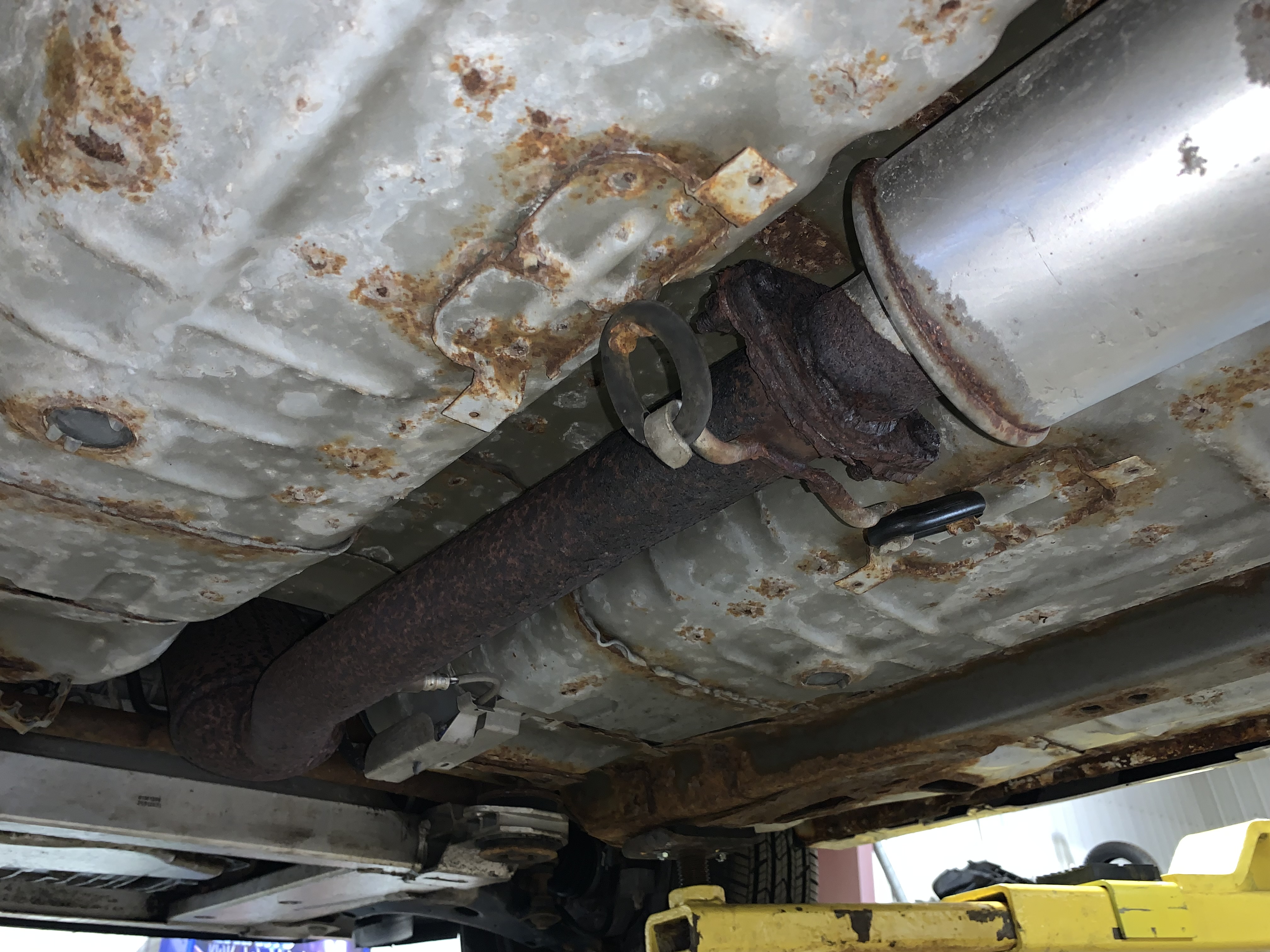
With today’s changing automotive environment, many people question repairing their vehicles. Your car’s exhaust system does so much more than keep your vehicle quiet. It helps your engine run, reduces emissions, and directs exhaust fumes away from the cabin. The exhaust system is closer to the ground and more vulnerable to moisture and debris from the road. Repair costs on damaged or worn-out exhaust components vary. But waiting too long to make these repairs can be very expensive in the long run. Here are some items to keep in mind if you think your car, truck, or SUV is experiencing exhaust issues. RUST When any type of water or vapor sits in your exhaust system for too long, it causes a corrosive effect. Water reacts with the iron in steel and creates iron oxide called rust. If you often make short trips in your car, the moisture in the exhaust system cannot get hot enough to vaporize. The standing water in your exhaust sys ... read more